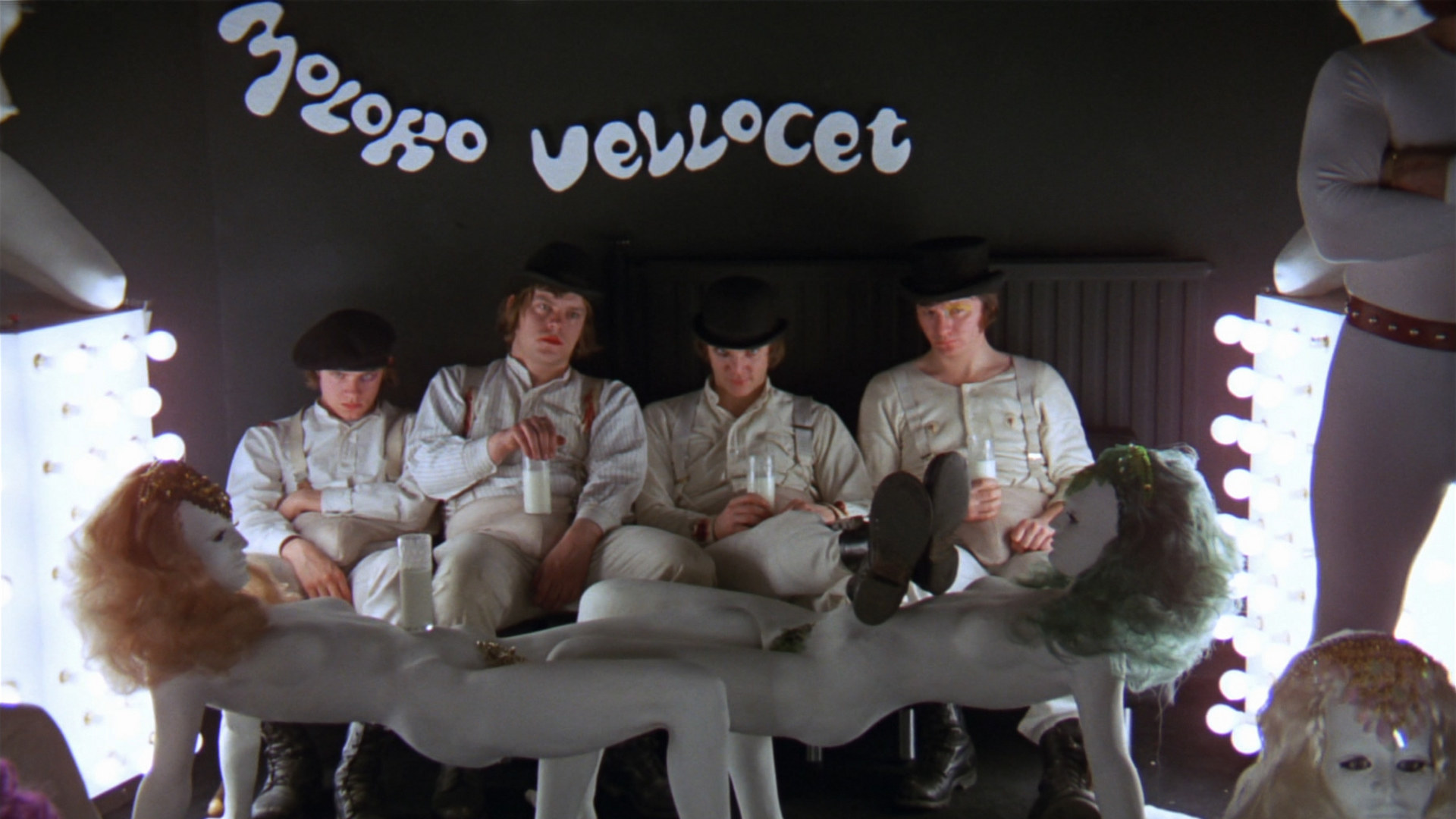Dead Rising 4 Download game PC iso, Direct links game PC, Torrent game PC, Crack DLC game PC, Google Drive game PC, New game pc, Game VR PC. Dead Rising 4 marks. Dead rising wii iso torrent download. Results of wii dead rising 2 iso: Free download software, Free Video dowloads, Free Music downloads, Free Movie downloads, Games. DEAD RISING Free Download PC Game Cracked in Direct Link and Torrent. DEAD RISING is an action. See answers to frequently asked questions here and ask your questions. Request here your games.
A Clockwork Orange: ‘What’s it going to be then, eh?’ — Anthony Burgess, A Clockwork Orange (1962). A Clockwork Orange is Anthony Burgess’s most famous novel and its impact on literary, musical and visual culture has been extensive. The novel is concerned with the conflict between the individual and the state, the punishment of young criminals, and the possibility or otherwise of redemption.
Mar 30, 2018 - Eumex 401 Installation Software. Main article: (1992) [ ] • An Egyptian priest.plays up the mystery of language to enhance his own power.

The linguistic originality of the book, and the moral questions it raises, are as relevant now as they ever were. This resource aims to explore the relevance of A Clockwork Orange, and present valuable information from the archive to anyone interested in learning more about the text. It draws on the collections of the International Anthony Burgess Foundation, delving into the archives and harnessing different media to tell the story of the novel and its legacy. With its prophetic mixture of drugs, music, fashion and juvenile violence, Burgess’s novel developed a countercultural following in the 1960s. Yet A Clockwork Orange did not reach a mass audience until Stanley Kubrick’s film adaptation was released in January 1972. Later on, Burgess sought to distance himself from Kubrick’s ‘highly coloured and explicit’ film and expressed frustration that he would be remembered for this ‘very minor work’, when there were other novels that he valued more highly.
Yet he never stopped writing about the book, giving interviews about it, defending it, sometimes disowning it. A Clockwork Orange continued to tick away in Burgess’s imagination until the end of his life.

Burgess began writing the novel in early 1961. He returned to England from colonial teaching posts in Malaya and Brunei in 1959 and noticed that England had changed while he had been abroad. A new youth culture was beginning to appear, with pop music, milk bars, drugs and Teddy Boy violence. Burgess was interested by this emergence of a world that had not existed in his own youth, and he anticipated the arrival of Mods and Rockers when he presented Alex and his droogs as a gang with a tribal fashion sense and a predilection for motiveless violence. This violence, so brutally rendered in the novel, could have been inspired by an incident from Burgess’s own experience. He claimed that the kernel for Alex’s brutal behaviour lay in an attack suffered by his first wife Llewela (Lynne) Jones.
During the wartime blackout of 1944 London, Lynne was beaten up and robbed by a gang of American soldiers. A similar attack happens in the novel, when a writer’s wife is beaten and raped by Alex and his droogs. Despite this, much of Burgess’s inspiration for the novel lay in literature. The dystopian writings of George Orwell ( Nineteen Eighty-Four), Aldous Huxley ( Brave New World Revisited), Diana and Meir Gillon ( The Unsleep) and Yevgeny Zamyatin ( We) all provide literary context for A Clockwork Orange. Burgess wrote of his fascination with ‘the ultimate totalitarian nightmare’ as well as ‘the dream of liberalism going mad’. This reading of other novels, coupled with Burgess’s response to the determinism of psychologists such as B.F.
Skinner (who denied the importance of culture, environment and free will) provide the background to the book described by Time magazine as ‘that rare thing in English letters: a philosophical novel’. A working holiday in Leningrad in 1961, for which Burgess learned basic Russian, provided A Clockwork Orange with its most striking feature: ‘Nadsat’ — Russian for ‘teen’ — an invented slang in which the narrator tells his story of crime and punishment. As well as Russian words, Nadsat uses rhyming slang (both real and invented), thieves’ slang, and a few Romany words and phrases. According to Burgess, the Nadsat language ‘was meant to turn A Clockwork Orange into a brainwashing primer. You should read the book and at the end you should find yourself in possession of a minimal Russian vocabulary — without effort, with surprise’.